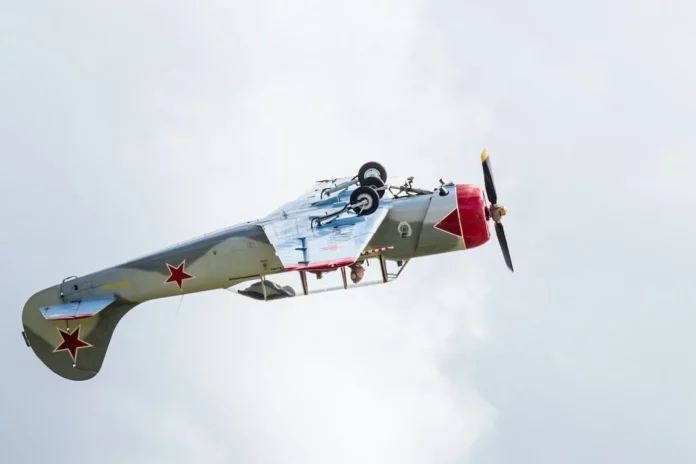The Engine Control Unit (ECU) is a vital component of the Airbus A320 aircraft’s engine management system. It is responsible for controlling and monitoring various aspects of the engine’s performance, ensuring optimal efficiency and safety during flight. The ECU plays a crucial role in maintaining the aircraft’s engines and delivering consistent and reliable power throughout the flight.
As the name implies, the Engine Control Unit is responsible for managing and controlling the engine’s operations. It receives inputs from multiple sensors throughout the aircraft, which provide data on parameters such as engine temperature, pressure, and speed. Based on these inputs, the ECU makes real-time decisions and adjusts the engine’s performance accordingly.
How does the Engine Control Unit work?
The Engine Control Unit uses a series of algorithms and pre-programmed instructions to control and optimize the engine’s performance. It constantly analyzes the sensor inputs, comparing them to pre-set values and operating limits to ensure that the engine is running within safe parameters.
One of the critical tasks of the ECU is to manage the fuel-air mixture inside the engine. By closely monitoring and adjusting the fuel flow, the ECU ensures that the engine operates at the most efficient level while maintaining the desired power output. This not only improves fuel economy but also reduces harmful emissions.
The Engine Control Unit also monitors the engine’s temperature, pressure, and speed to prevent any potential issues. If the ECU detects any abnormal readings or deviations from the expected values, it can take corrective actions to protect the engine and prevent damage. These actions may include adjusting the fuel flow, activating engine cooling systems, or providing alerts to the flight crew.
Furthermore, the ECU plays a crucial role during engine startup and shutdown processes. It ensures that the engine follows the correct sequence of operations, preventing any potential damage or hazards. The ECU also communicates with other aircraft systems, such as the autopilot and flight management system, to provide enhanced engine control and coordination during different flight phases.
The Importance of Engine Control Unit
The Engine Control Unit is an essential component of the Airbus A320 aircraft for several reasons:
1. Fuel Efficiency: The ECU plays a significant role in optimizing fuel consumption by closely monitoring and adjusting the fuel-air mixture. This results in improved fuel efficiency and reduced operating costs for airlines.
2. Engine Performance: By continuously monitoring various parameters, the ECU ensures that the engine operates at its peak performance. This leads to enhanced reliability, reduced maintenance requirements, and increased engine lifespan.
3. Safety: The Engine Control Unit plays a critical role in maintaining the engine within safe operating limits. It constantly checks for any abnormal readings or deviations and takes necessary actions to protect the engine and ensure the safety of the aircraft and its occupants.
4. Fault Diagnosis: The ECU also serves as a valuable diagnostic tool. It records and stores data related to the engine’s performance and operation, which can be analyzed by maintenance personnel to identify any potential issues or failures.
Conclusion
The Engine Control Unit is a critical component of the Airbus A320 aircraft’s engine management system. Its primary function is to control and monitor the engine’s performance, ensuring optimal efficiency, safety, and reliability. By analyzing sensor inputs and making real-time adjustments, the ECU plays a pivotal role in maintaining the engine within safe operating limits and maximizing its performance.
References:
1. “Airbus A320 Family – A320neo/-ceo/-classic,” Airbus, https://www.airbus.com/aircraft/passenger-aircraft/a320-family/a320neo.html




